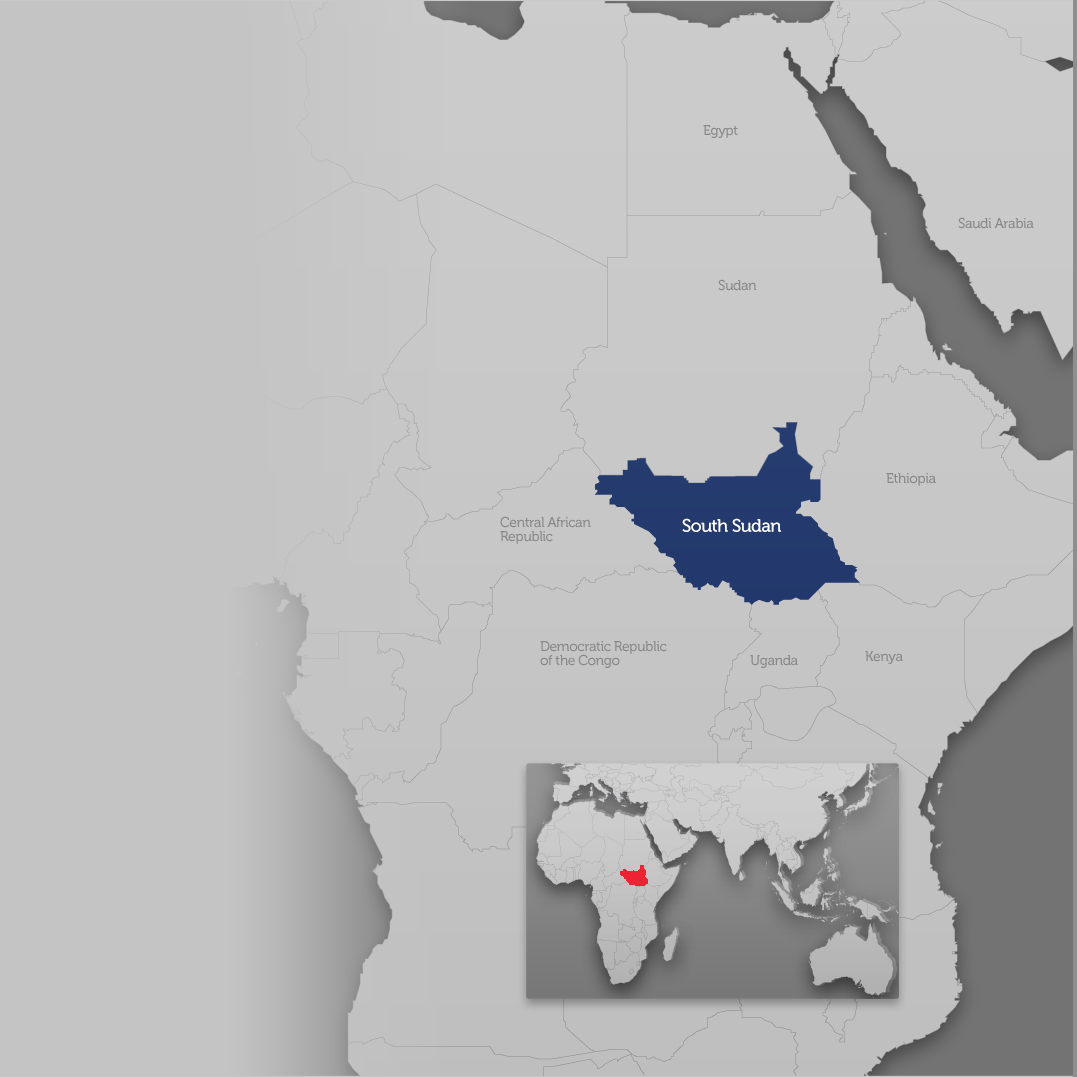
Human Rights Violations Persist
Returns to South Sudan are Not Supported
Despite the ceasefire and signature of the Revitalized Agreement on the Resolution of the Conflict in the Republic of South Sudan (R-ARCSS) on September 11, 2018, it has been concluded that the UNHCR "cannot facilitate, promote or otherwise organize returns to South Sudan." A reduction in overall violence has been noted; however, South Sudan remains the most dangerous place in the world to conduct humanitarian work, has the highest rate of maternal mortality, and high rates of physical and sexual violence against women and children persist.
Systematic and widespread human rights violations and abuses committed by all parties have inflicted suffering on millions of people, with a lack of accountability for those responsible for the violations. Following the signing of the R-ARCSS, an overall decline in the number of reported human rights violations and abuses by parties to the conflict has been documented. However, the United Nations Mission in South Sudan (UNMISS) continues to corroborate incidents that pose a threat to human rights and physical security. They include instances of killing or wounding civilians, abduction, sexual violence, arbitrary arrest and prolonged detention, the recruitment and/or use of children by armed groups or forces, forced displacement, looting and the destruction of civilian property and extortion.
Read more below from the UNHCR’s conclusion that "the security, rule of law and human rights situation that prevails today in South Sudan also stands in the way of safe and dignified return for any person originating from South Sudan."
Discover how RMF is increasing maternal survival rates, improving access to healthcare, and treating malnutrition in South Sudan here.
Learn about RMF initiatives that are improving the lives of South Sudanese refugees living in Uganda here.
By Category
- Awards (7)
- Disaster Relief (37)
- Funding and Grants (47)
- Interviews (36)
- Partnerships (18)
- Press Releases (42)
- Armenia (18)
- Haiti (10)
- India (24)
- Indonesia (3)
- Japan (11)
- Kenya (2)
- Mexico (3)
- Mozambique (6)
- Myanmar (1)
- Nepal (29)
- Nigeria (3)
- Pakistan (24)
- Peru (9)
- Puerto Rico (7)
- Serbia (4)
- Somalia (1)
- South Sudan (60)
- Sri Lanka (17)
- Uganda (37)
- United States (40)




